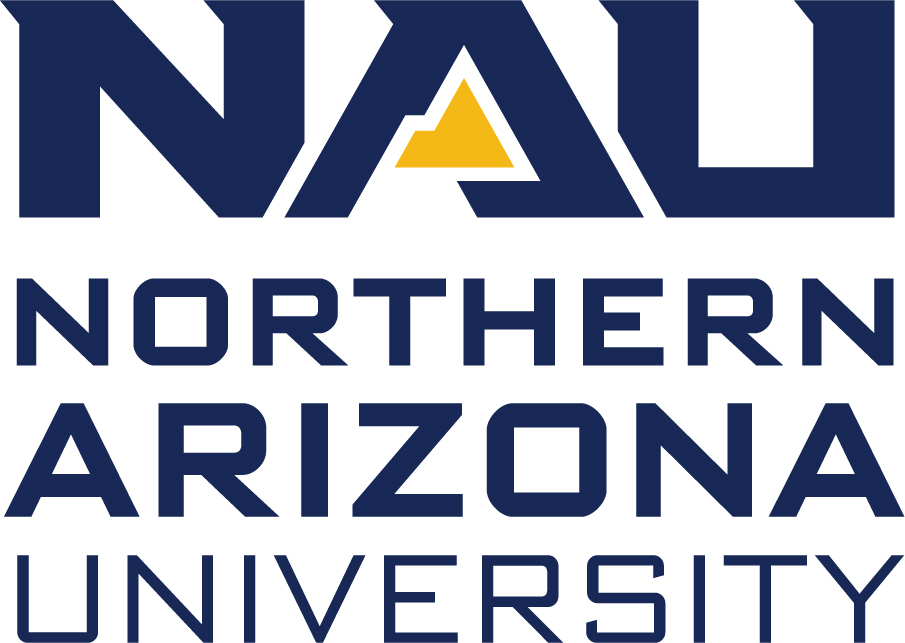In the merry-go-round of the pandemic, we seem to be back to the March 2020 stops, including empty shelves in the grocery store—at least, according to social media. Is it as bad as last time? Is it time to stock up on toilet paper and cans of soup—again?
Data scientist Ben Ruddell is available to discuss the factors that go into the supply chain and explain why we might be seeing empty shelves—and why there’s no need to worry or hoard the basics.
What to know:
- Hoarding leads to temporary shortages, panic about empty shelves and a greater artificial demand. There’s no reason to assume a long-term shortage on nonperishable necessities.
- The overall U.S. supply chain is diverse, which makes it resilient. Smaller markets with less diverse supply chains may face a greater risk.
About Ben Ruddell
Dr. Benjamin Ruddell is director of the FEWSION project at Northern Arizona University and a leading expert on supply chains. Ruddell directs the $4 million FEWSION project funded by the National Science Foundation. FEWSION has built the first complete empirical description (with correlating maps) of the U.S. food, energy and water system supply chain (the FEW Nexus) so every citizen and policymaker can see from where their food, water, fuel and a total of 46 different commodities come. He is also a professor and director of the School of Informatics, Computing, and Cyber Systems at NAU, known for its top scientific research programs. He has also led research projects funded by NASA, USDA, USGS, the Department of Defense, private foundations and several cities.
MEDIA CONTACT
Register for reporter access to contact detailsRELEVANT EXPERTS
Benjamin Ruddell
Professor, School of Informatics, Computing, and Cyber Systems, Northern Arizona University
Northern Arizona University